12 Financial Habits That Make Daily Life Less Stressful
Money worries can turn everyday life into a constant headache. When bills pile up and unexpected expenses hit, even small decisions become stressful. The good news? Simple money habits can transform your financial well-being and bring peace of mind. These practical routines don’t require a finance degree—just consistency and commitment.
1. Create a Simple Budget You’ll Actually Follow
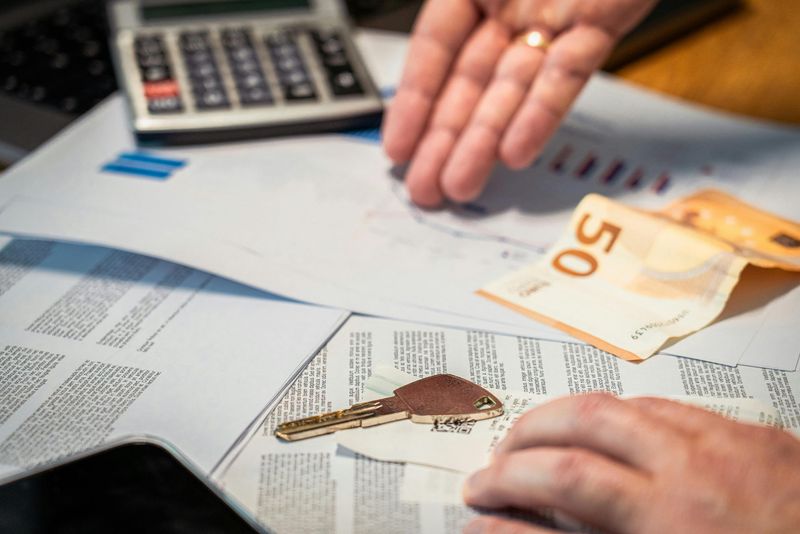
Budgets fail when they’re too complicated or restrictive. The 50/30/20 rule works because of its simplicity: 50% for needs, 30% for wants, and 20% for savings and debt payment. This framework gives you freedom while maintaining structure.
Your budget should reflect your real life, not an ideal one. Include small treats and fun money to make it sustainable. Adjust as needed—budgets are living documents that grow with you.
The goal isn’t perfection but progress. Even following your budget 80% of the time puts you ahead of most people.
2. Automate Your Savings

“Pay yourself first” becomes effortless when it’s automatic. Setting up transfers that move money to savings accounts on payday ensures saving happens before spending can start. This habit removes willpower from the equation entirely.
Start small with just 5% of your income if you’re new to saving. The amount matters less than the consistency. Many banks allow you to create multiple savings accounts for different goals—emergency fund, vacation, down payment.
The psychological benefit is enormous: knowing money is growing in the background while you live your life creates a powerful sense of security.
3. Build an Emergency Fund First
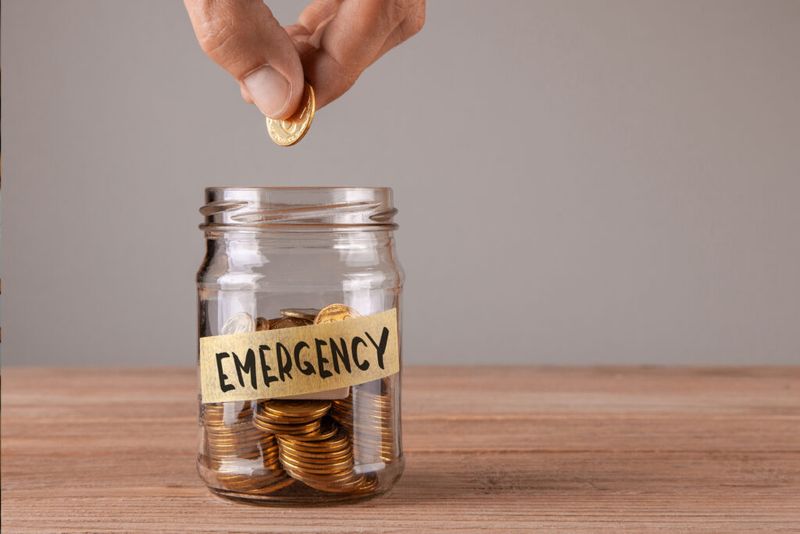
Life throws curveballs—cars break down, roofs leak, jobs end unexpectedly. An emergency fund acts as your personal insurance policy against these surprises. Even $1,000 can prevent a minor setback from becoming a financial disaster.
The ideal fund covers 3-6 months of essential expenses. Getting there happens one deposit at a time. Keep this money in a separate account that’s accessible but not connected to your daily spending accounts.
The true value of an emergency fund isn’t just financial—it’s the mental relief of knowing you can handle whatever comes your way without going into debt.
4. Track Every Dollar You Spend
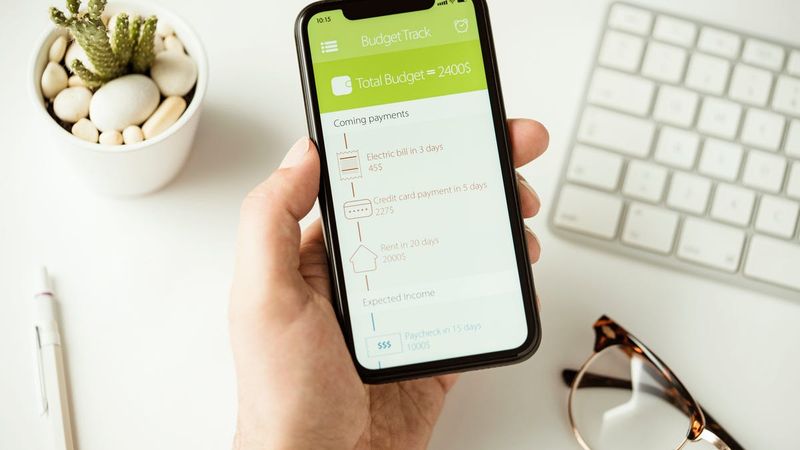
Knowledge is power when it comes to your money. Writing down every purchase, whether it’s a coffee or new shoes, reveals spending patterns you never knew existed. This simple habit puts you in control.
Many people are shocked to discover where their money actually goes. That $4 daily coffee adds up to $120 monthly! Apps like Mint or YNAB make tracking nearly effortless, automatically categorizing expenses.
Start with just one week of tracking. The awareness alone often leads to better choices without feeling deprived.
5. Use Cash for Problem Spending Categories
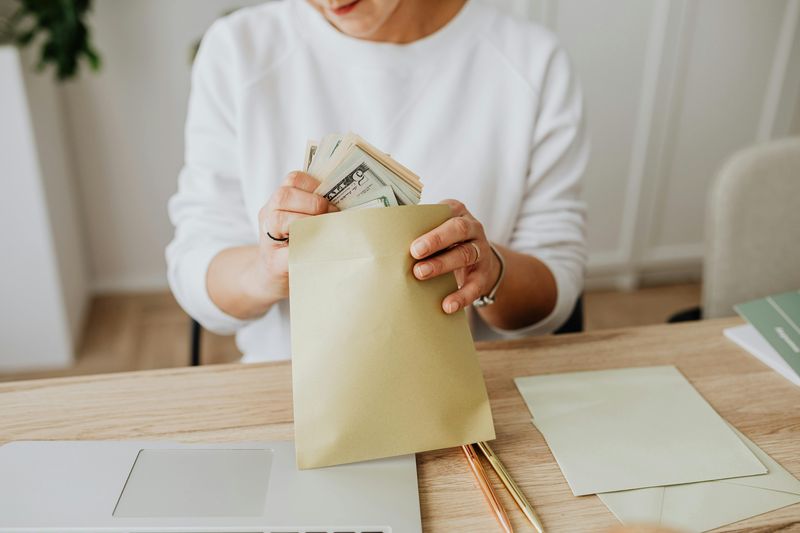
Cash creates natural spending limits. For categories where you tend to overspend—dining out, shopping, entertainment—try using only cash. When the bills are gone, you’re done spending until next month.
The physical act of handing over money triggers different brain responses than swiping a card. Studies show people spend 12-18% less when using cash instead of cards. This method, called the envelope system, makes budgeting tangible.
No need to use cash for everything—just target your weak spots. This simple switch can transform your relationship with spending in those troublesome areas.
6. Review Bills and Subscriptions Quarterly

Subscription services count on you forgetting about them. A quarterly review of all recurring charges often reveals surprising money drains—streaming services you rarely watch, forgotten app subscriptions, or unnecessary premium features.
Call service providers like internet, phone, and insurance companies once a year to negotiate better rates. Simply asking can save hundreds. Many companies offer loyalty discounts or promotional rates to keep customers.
Set calendar reminders for these reviews to make them routine. Fifteen minutes every three months can reclaim significant money that’s better used elsewhere in your budget.
7. Wait 24 Hours Before Making Non-Essential Purchases

The 24-hour rule breaks the spell of impulse buying. When tempted by something non-essential, especially online, simply wait one full day before purchasing. This cooling-off period separates genuine needs from momentary wants.
Create a wishlist for these items instead of buying immediately. Surprisingly often, the desire fades completely within a day. For larger purchases, extend the waiting period—one week for items over $100, one month for items over $300.
This habit doesn’t mean never treating yourself. It ensures your purchases are intentional rather than reactive, leading to greater satisfaction with what you do buy.
8. Pay Bills Immediately When Possible
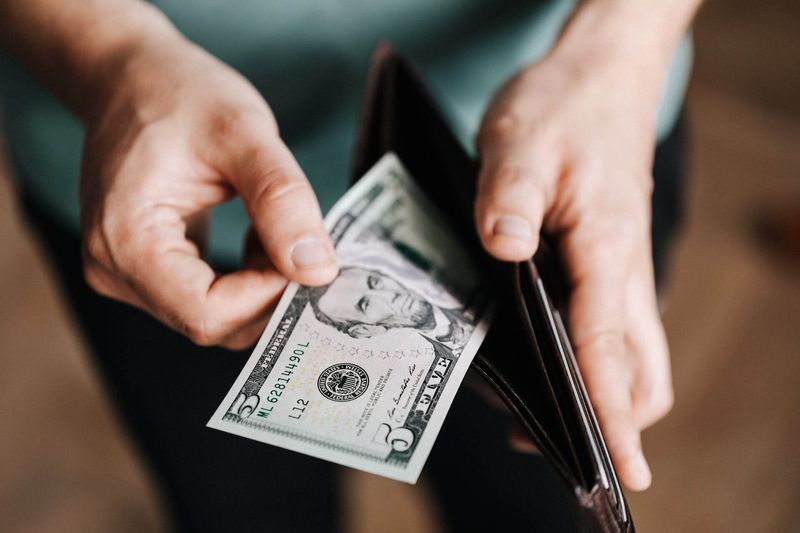
Bill-paying anxiety disappears when you handle bills as they arrive. Processing each bill once—opening, paying, filing—eliminates the mental burden of remembering due dates and amounts. This approach prevents late fees and credit score damage.
For fixed bills like rent or car payments, set up automatic payments to ensure timeliness. For variable bills like utilities, at least schedule calendar reminders. Many companies offer paperless billing with email alerts when new statements arrive.
The relief of knowing all bills are handled creates mental space for other priorities. No more Sunday night stress wondering what’s due this week!
9. Keep a Separate Account for Big Expenses

Annual expenses like property taxes, insurance premiums, and holiday gifts often create financial stress because they’re large and infrequent. A dedicated account for these predictable but irregular costs prevents them from derailing your budget.
Calculate the yearly total for all these expenses, divide by 12, and transfer that amount monthly to your big expense account. When these bills come due, the money is already waiting—no scrambling or credit card debt required.
This system transforms stressful financial events into routine transactions. The peace of mind from never being caught off-guard by a major bill is invaluable.
10. Learn Basic Investing Principles

Growing wealth doesn’t require becoming a stock market expert. Understanding a few core concepts—compound interest, diversification, and index funds—is enough to make smart choices with your money. Financial education builds confidence and reduces anxiety.
Start small with retirement accounts like 401(k)s or IRAs. These tax-advantaged accounts make investing simpler and more beneficial. Many successful investors simply contribute regularly to broad-market index funds.
Free resources abound online and at your local library. Books like “The Simple Path to Wealth” by JL Collins explain investing in plain language for beginners. Knowledge transforms investing from intimidating to empowering.
11. Use the Half-Payment Method for Monthly Bills
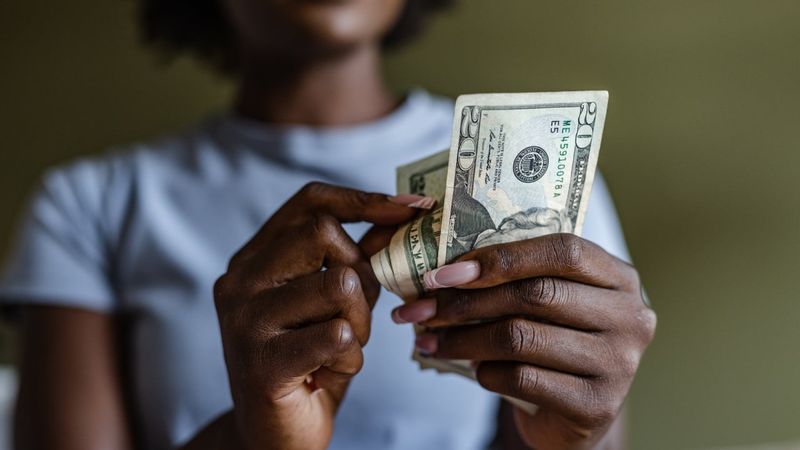
Paycheck-to-paycheck stress melts away with the half-payment method. Instead of paying bills in full when due, set aside half the amount from each paycheck. This spreads large expenses evenly across the month.
For example, if rent is $1,000 due on the 1st, save $500 from each biweekly paycheck. This prevents the first paycheck from being completely drained by housing costs. The same approach works for all major monthly expenses.
This method doesn’t change how much you pay—just when you set the money aside. The result is smoother cash flow and fewer periods of feeling broke between paychecks.
12. Practice Gratitude for What You Already Have

Financial contentment comes from appreciating what you own now, not constantly chasing more. Taking time weekly to acknowledge what you’re grateful for counteracts the constant pressure to upgrade and spend. This mindfulness practice has real financial benefits.
Try the 30-day no-new-things challenge. For one month, buy only necessities. Use this time to enjoy what’s already in your home. Many people discover forgotten items they love or realize how little they miss shopping.
Gratitude shifts focus from what’s lacking to what’s abundant in your life. This perspective naturally reduces impulse spending and increases overall happiness with fewer material goods.

Comments
Loading…